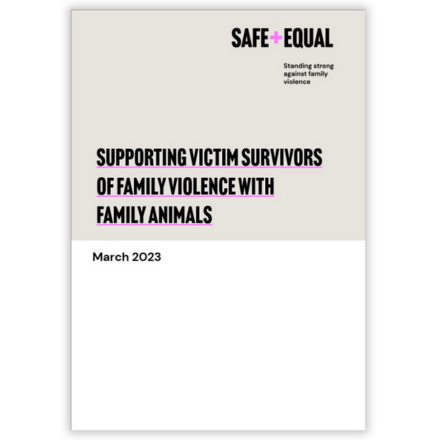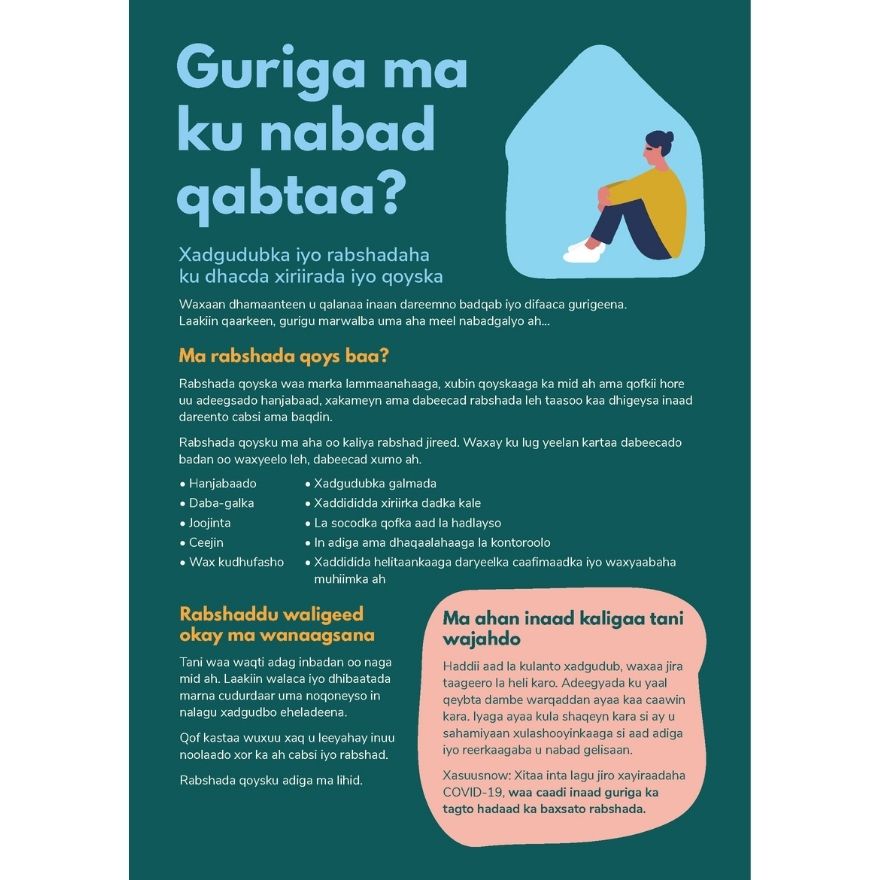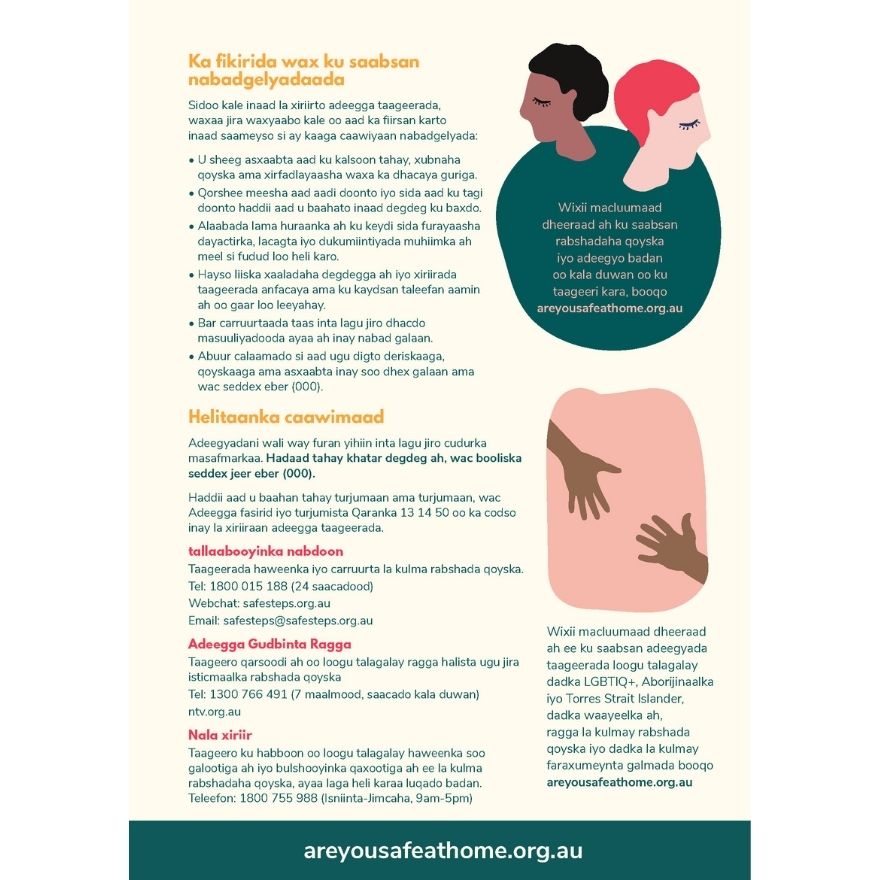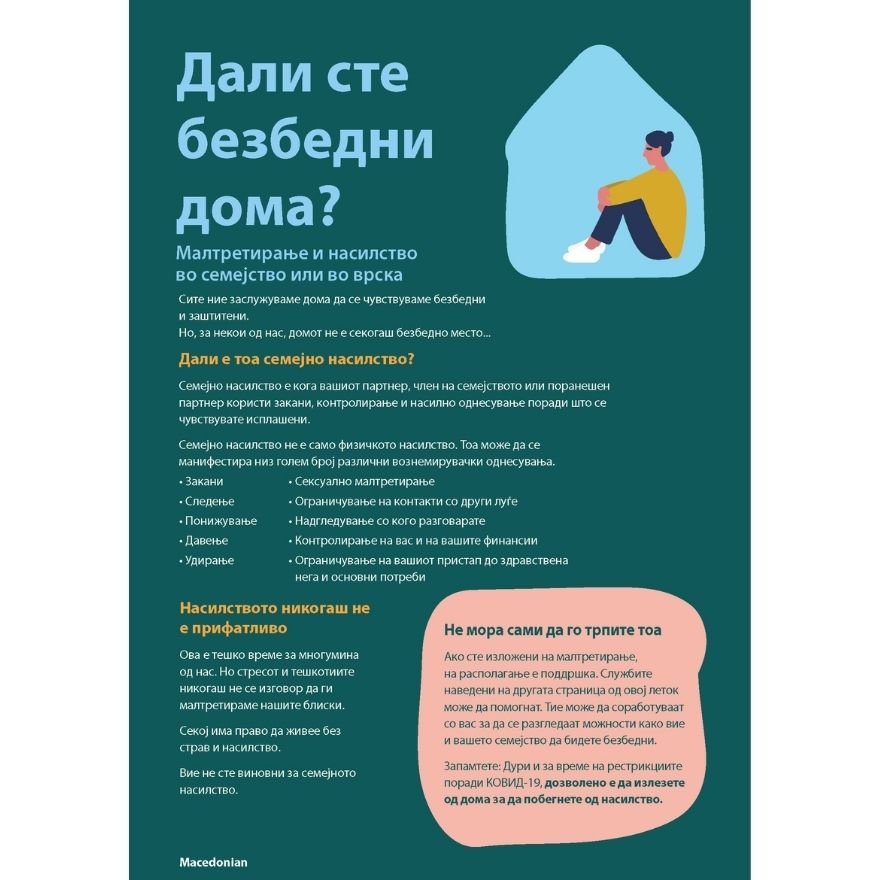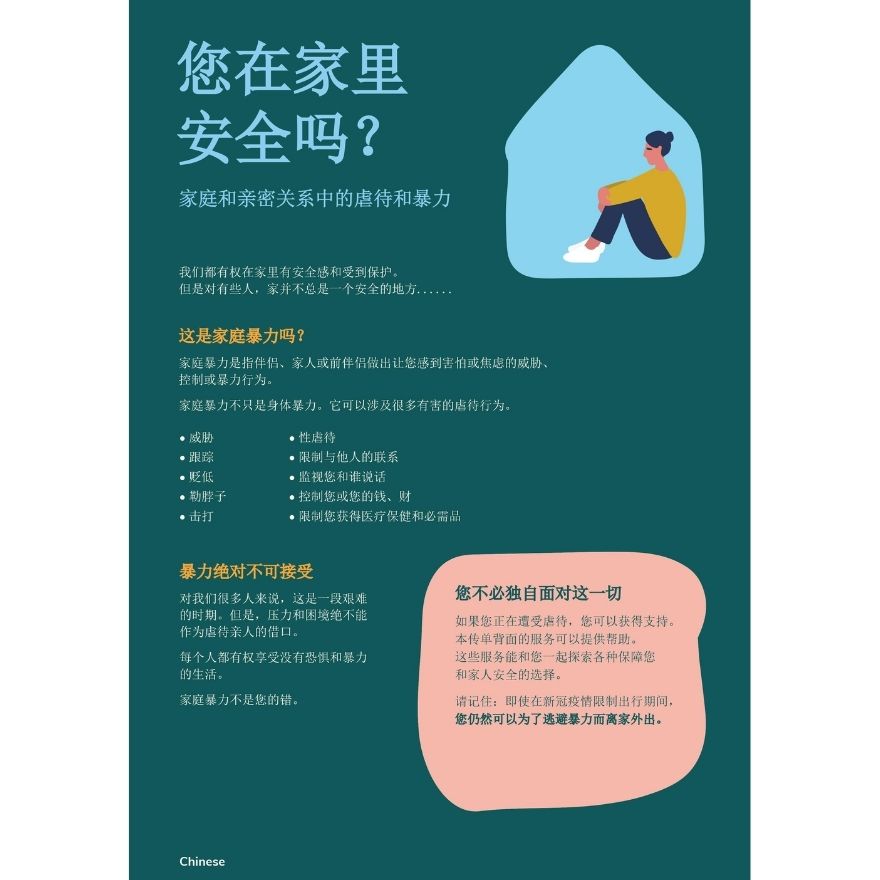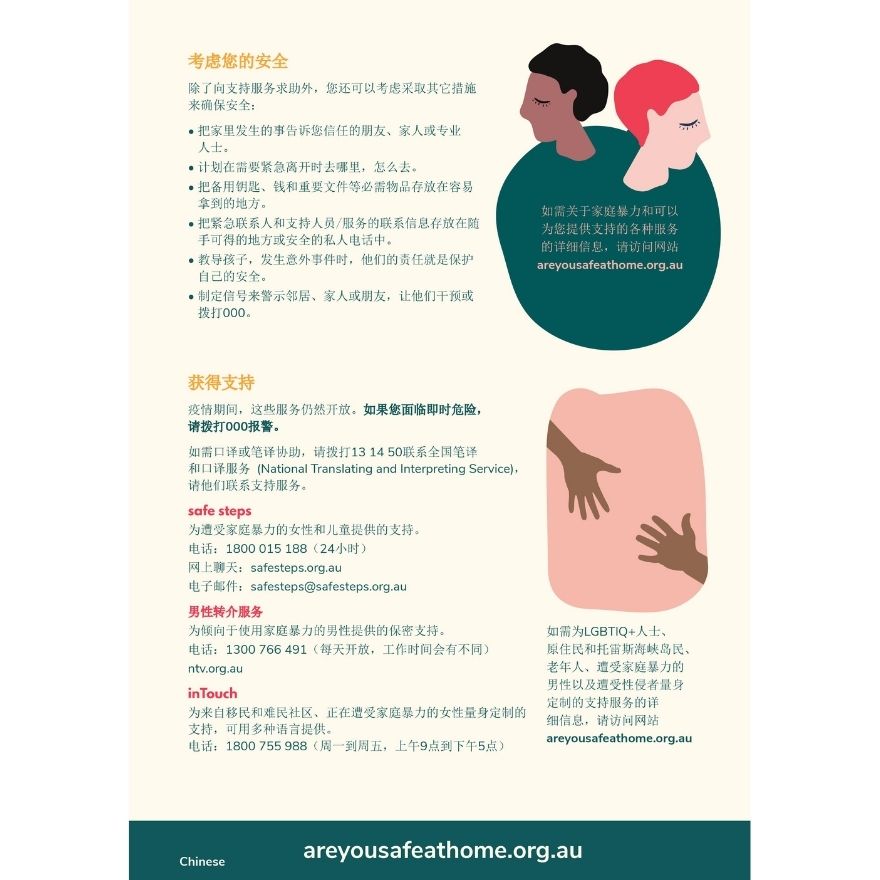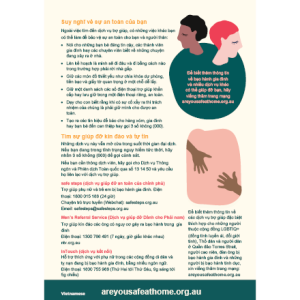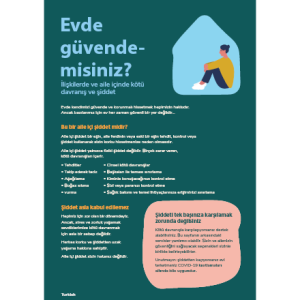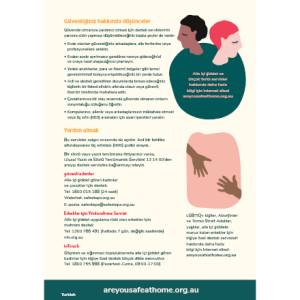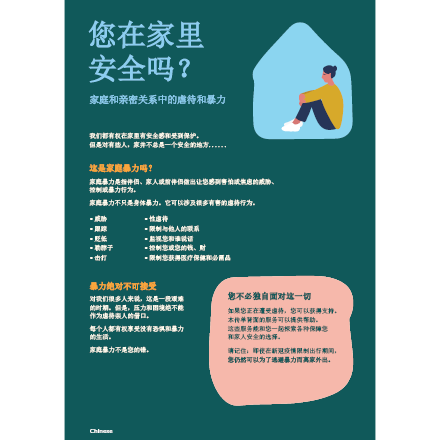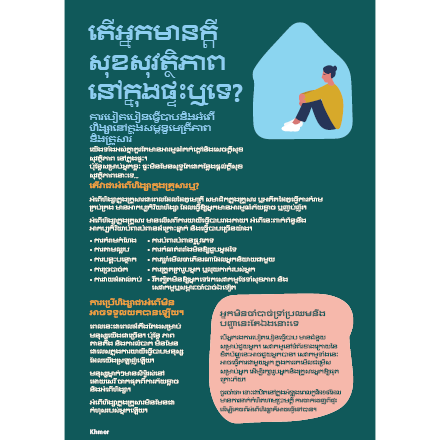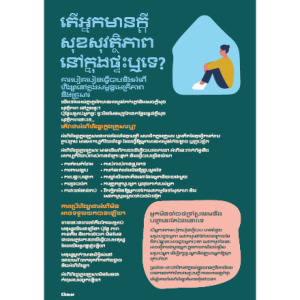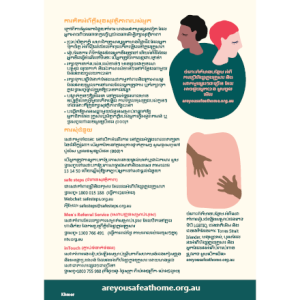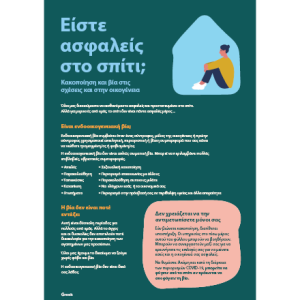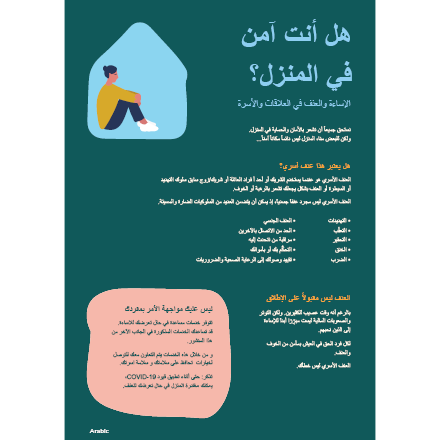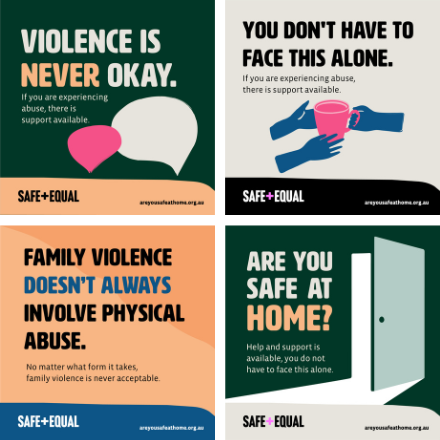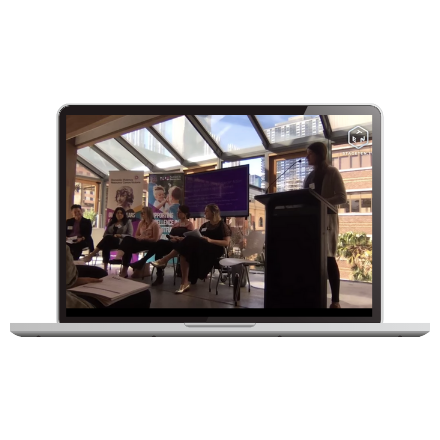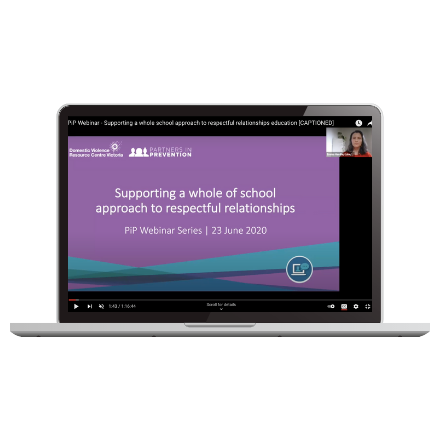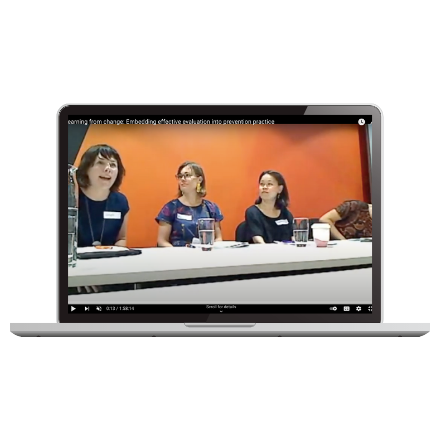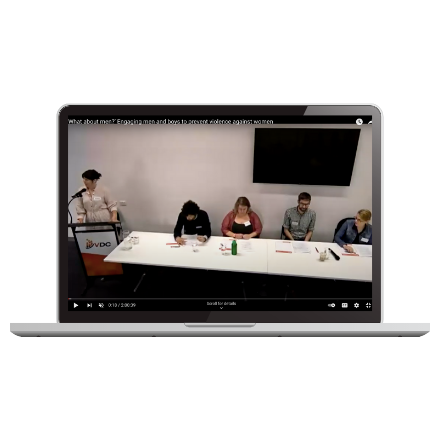In 2022, Family Safety Victoria funded Safe and Equal to undertake the Family Animals in Refuge Project in collaboration with refuge providers. The project aimed to increase the capacity of the refuge sector to accommodate family animals and support victim survivors escaping family violence with the care of their family animals, and as an outcome of the project the Family Animals in Refuge Guidelines were developed and released.
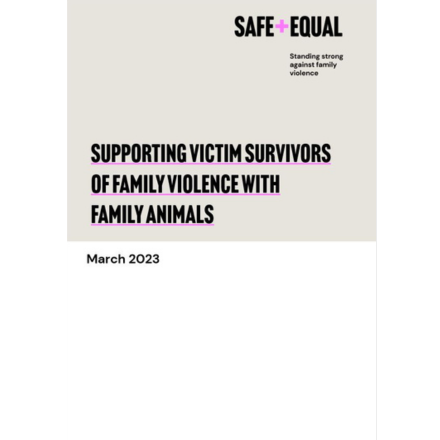
Since the release of these Guidelines, Safe and Equal have received many requests for information about working with victim survivors with family animals from non-refuge service providers. As a result, Safe and Equal have developed an amended version of the Guidelines tailored for use by non-refuge service providers.
The purpose of the resource is to share learnings from this project with other service providers who are assisting victim survivors of family violence with family animals to support the safety, wellbeing and recovery of family animals and victim survivors.
